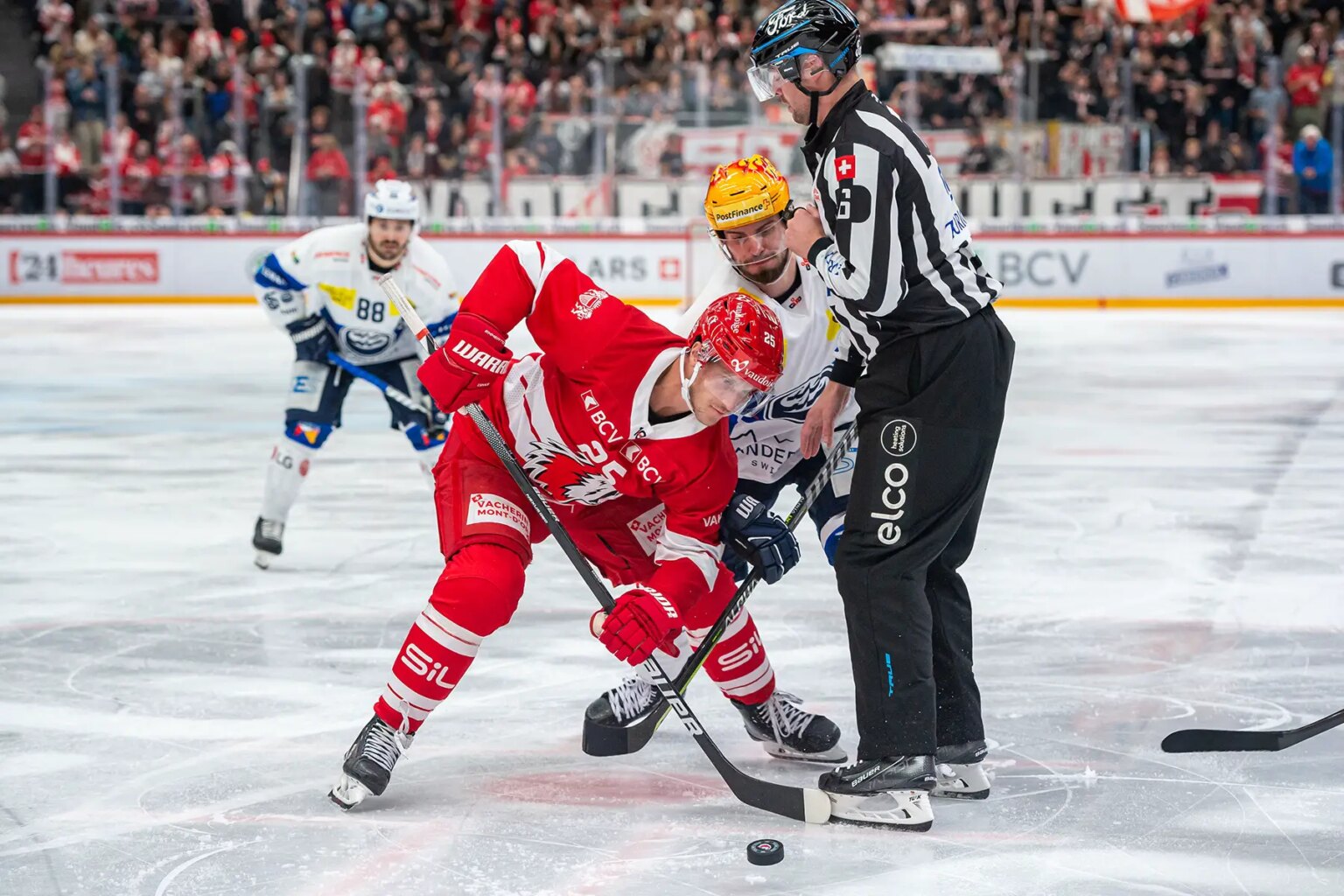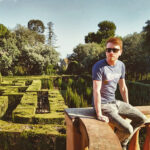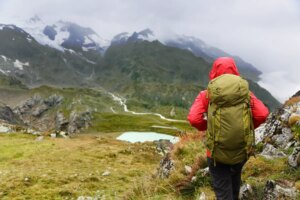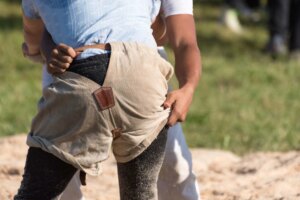For many expats, the Swiss can seem like tough nuts to crack. However, if you’re a recent arrival in Switzerland, then what better way to get under the skin of your new home country than by checking out the most popular sports? Whether you’re playing, attending, or simply watching from the comfort of your living room, Switzerland has plenty of sporting options. To give you some inspiration, here are a few of the most popular sports in Switzerland.
An overview of sports in Switzerland
Given its international reputation for neutrality, you might not peg Switzerland as being a sporting powerhouse. However, the Swiss aren’t neutral on the pitch, and the country has a long sporting heritage. The Swiss winter resort of St. Moritz, for instance, hosted the Winter Olympic Games twice, first in 1928 and again in 1948. Switzerland also hosted the FIFA World Cup in 1954. More recently, the Swiss co-hosted the UEFA European Championships in 2008 with neighboring Austria.
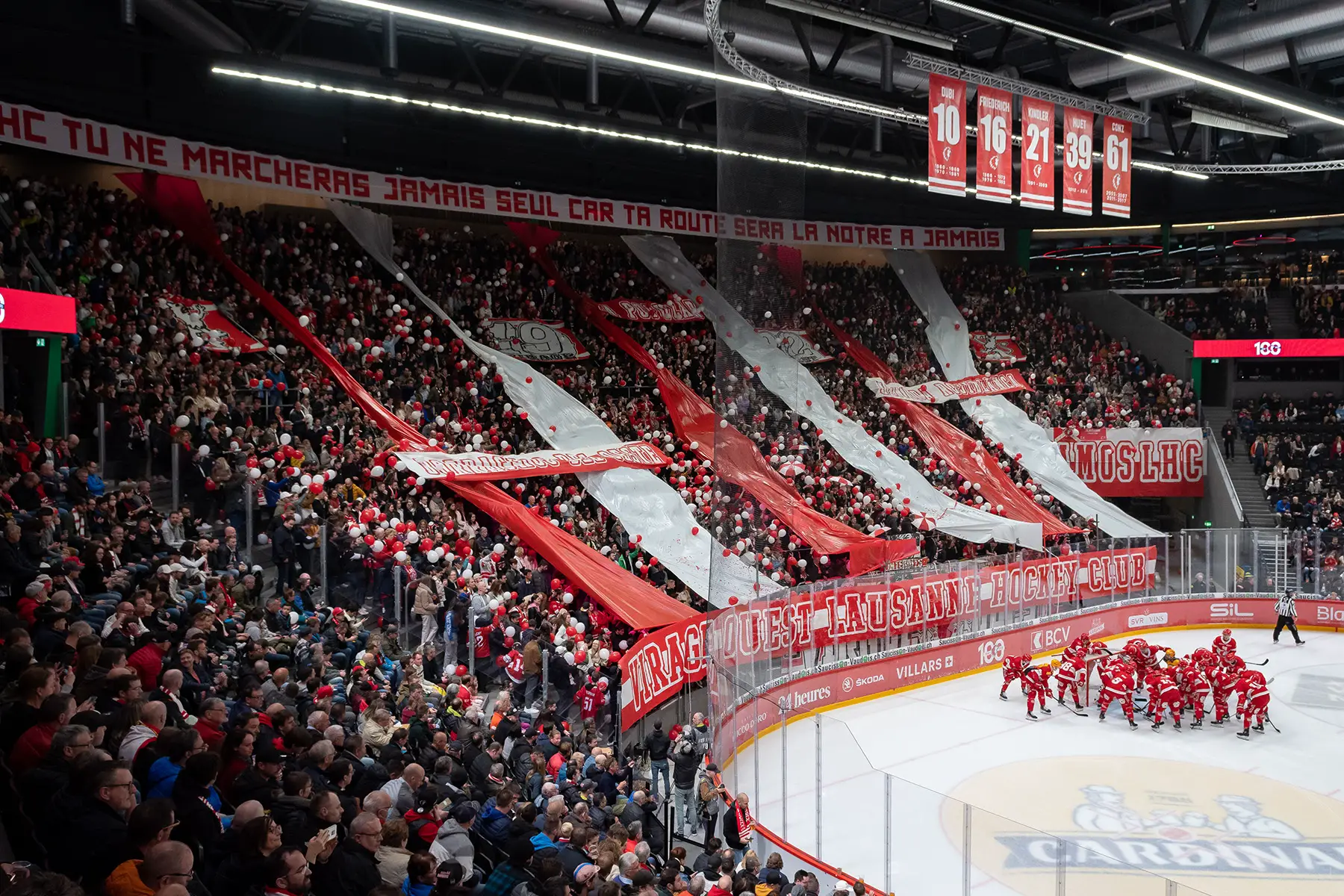
However, on a more local level, there is plenty of sporting action to get stuck into in the country. From the charm of traditional wrestling to the glitz of top-class tennis, there’s something for everyone when it comes to popular Swiss sports.
How to watch sports in Switzerland
Whether you’re an avid fan or an armchair supporter, you’ll find plenty of ways to watch sports in Switzerland. As well as attending matches, you can also catch high-level sports from Switzerland and beyond on your Swiss TV. After all, many of the biggest home telecom companies in Switzerland offer sports channels in TV and home internet packages, including the following:
- Swisscom
- Salt
- Sunrise
Thankfully, live sports channels are available in Switzerland with most TV subscriptions for an additional fee. However, be sure you know what you’re getting before you sign up. Most of the biggest competitions from abroad are available on Swiss TV with the right package, including the English Premier League, Formula 1, and the National Hockey League. Broadcasts are primarily in German or French (or sometimes Italian), although some carriers may provide an English-language feed. That said, it pays to shop around and compare your options to avoid missing your favorite competitions.
Football in Switzerland
As with most of Europe, the most popular sport in Switzerland is football. The game is played at all levels across the country; from local five-a-side kickabouts in the park to gleaming stadiums that attract thousands each week. While Europe’s biggest leagues remain popular on TV, you can also soak up the matchday atmosphere at a local match. Watching Swiss locals chant for their favorite teams from the stands is a great way to see part of their culture.
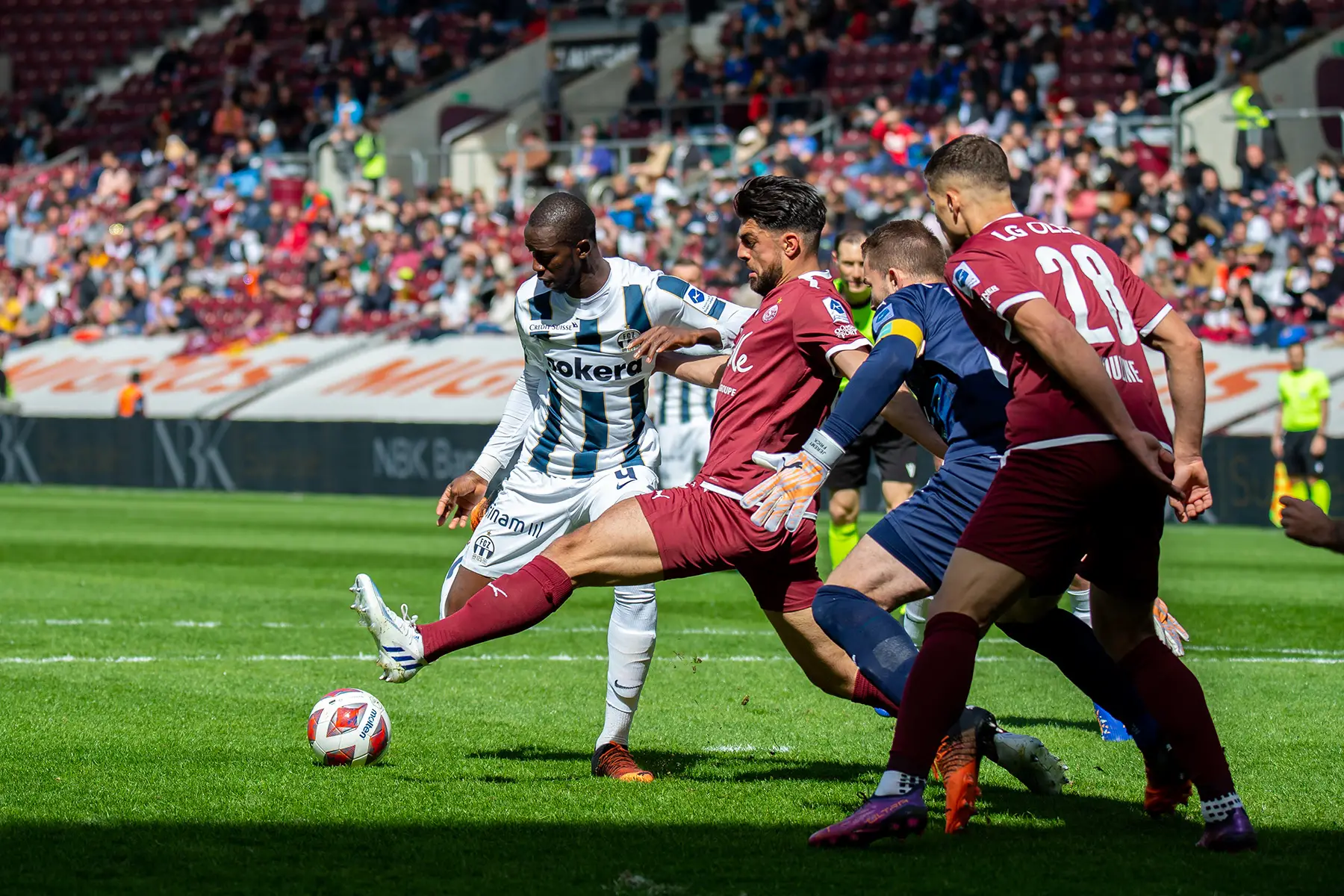
Switzerland’s football pyramid has nine levels, with over 2,000 clubs spread among them. At the top of the men’s game sits the Swiss Super League, which consists of 10 teams (12 teams from 2023–2024) from Switzerland and Liechtenstein. The season runs from July to May, with a winter break from December to February. Historically, the most successful clubs were Grasshopper Club Zürich and FC Basel, although Bern’s BSC Young Boys are now often at the top of the table. The league’s top finishers go on to face Europe’s best in the UEFA Champions League or UEFA Europa League the following season.
In the women’s game, the highest level is the Swiss Women’s Super League. Featuring 10 clubs, Switzerland’s top women’s league has been in play since 1970. Most clubs are sections of existing clubs with a men’s side, and that reflects over to the women’s league table. FC Zürich Frauen are the historical heavyweights with 23 national titles. Geneva’s Servette FC Chênois féminin and BSC YB Frauen (the women’s section of Young Boys) are also regular contenders.
Switzerland’s national team (affectionally called Nati, short for national team) is typically strong but never enough to win a tournament. The side regularly appears at the World Cup and European Championship, although Switzerland hasn’t progressed beyond the quarterfinals in either. National team matches typically rotate around the country, with St. Jakob-Park (Basel), Stade de Genève (Geneva), and Kybunpark (St. Gallen) all having played host.
Ice hockey in Switzerland
Ice hockey is a big deal in Switzerland. Traditionally, the sport rivals football in terms of attendance and participation across Switzerland. Indeed, arenas across the country fill quickly for league games, and you’ll find plenty of local clubs if you want to join a team.
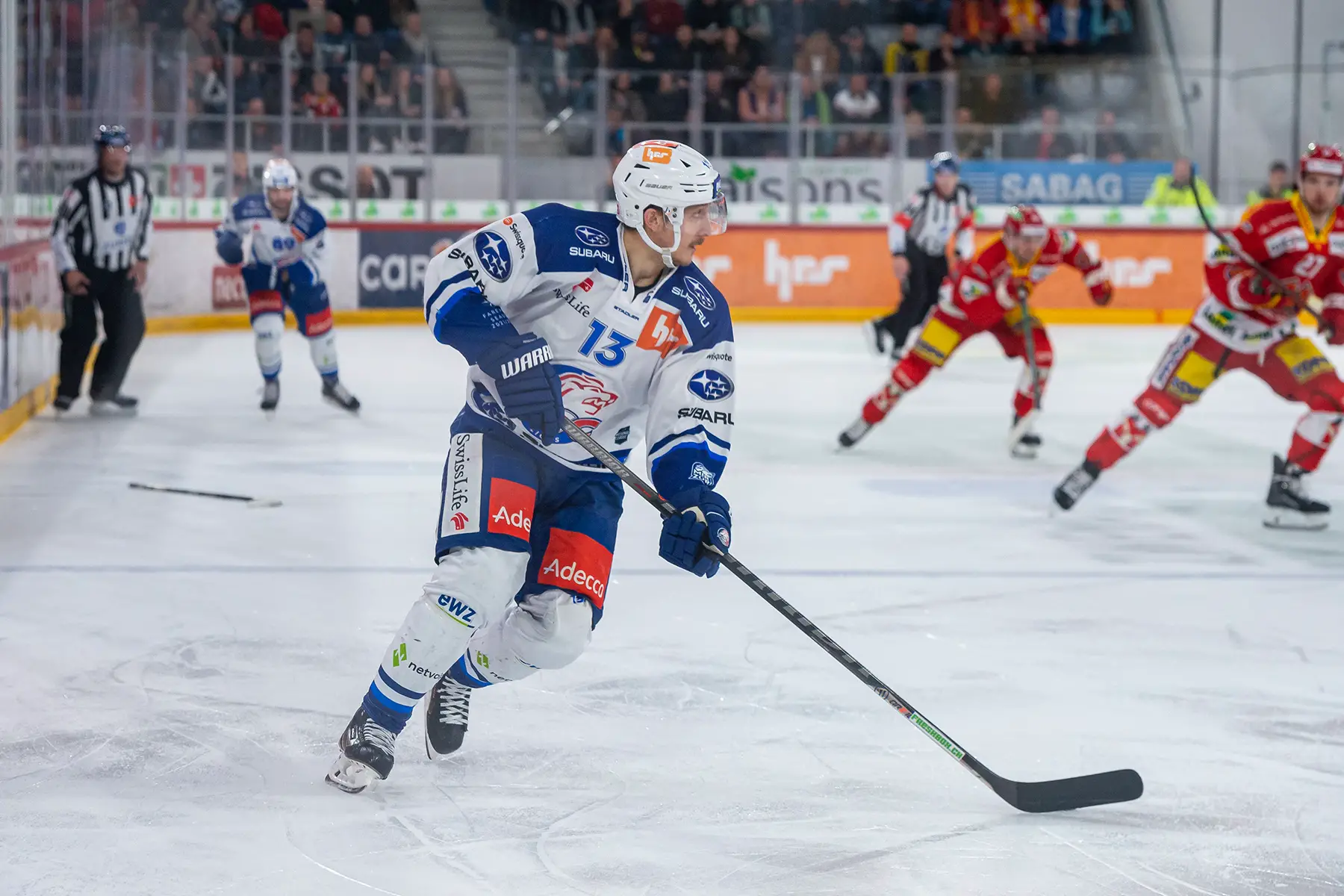
At the top of the men’s game, you’ll find the National League, one of the world’s most well-attended ice hockey leagues. It consists of twelve teams, the most successful of which is HC Davos, from the famous alpine city. However, recent years saw SC Bern become a powerhouse, while EV Zug, HC Lugano, and ZSC Lions (Zurich) are regular contenders. The season runs from September to March and tickets are often quite affordable. All National League games are broadcast in multiple languages on MySports. The top finishers play in the Champions Hockey League the following season, where Swiss clubs play teams from across Europe. The worst clubs are relegated to the Swiss League, which is also a fully professional league.
In the women’s game, the highest echelon is the Women’s League. The Women’s League features seven teams and is dominated by two clubs: ZSC Lions Frauen and HC Ladies Lugano. Women’s ice hockey in Switzerland suffers from underfunding, unfortunately, meaning that the top league remains amateur rather than fully professional.
Switzerland’s national ice hockey team is one of the best in the world, although their tournament record suggests otherwise. Plenty of Swiss players ply their trade in the National Hockey League but always revel in the chance to play in the IIHF World Championships every May. While Switzerland has never won the tournament, they are a frequent contender with silver medal finishes in 2013 and 2018.
Skiing in Switzerland
This should come as no surprise to anyone who knows anything about Switzerland. This cozy alpine nation is paradise on Earth for skiers, with its many mountains littered with some of the world’s best ski resorts and runs. With easily accessible pistes, elite-level alpine skiing competitions are popular spectator sports throughout Switzerland. During these, you will get to see the biggest ski stars battle against the clock. The FIS Alpine Ski World Cup, which typically runs from October to March, is closely followed in Switzerland.
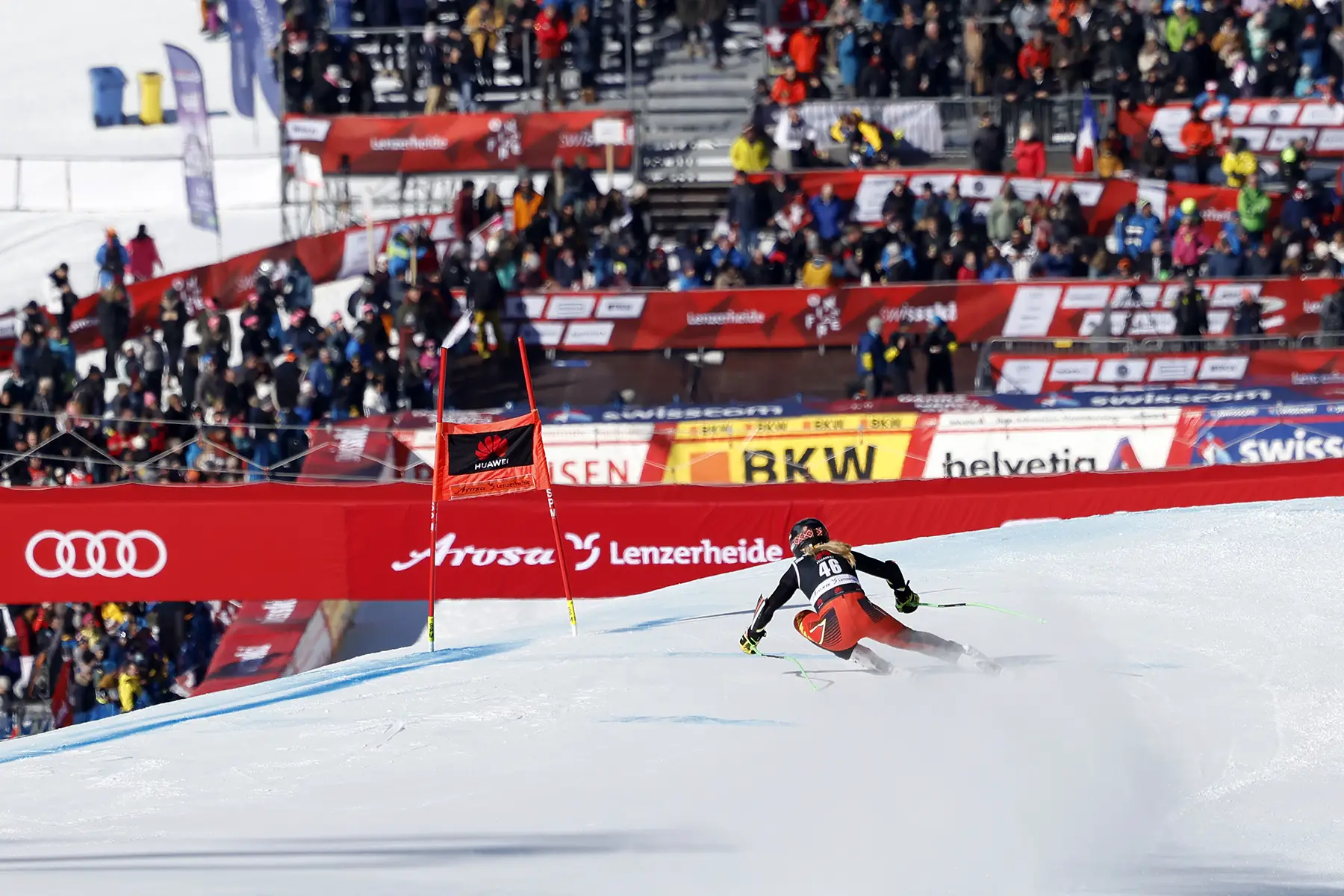
If you’re a keen skier, make sure you do your research before hitting the slopes. This can help ensure that you find the right pistes and conditions for you, depending on your ability levels and comfort level with high alpine slopes. It can also alert you to any adverse weather conditions, including avalanche warnings. There are a few local apps you can download for the latest piste forecasts such as iSKI, which covers Switzerland and neighboring alpine countries such as Austria and Italy.
Hornussen, a local Swiss sport
Never heard of Hornussen? Then you’re probably not alone. This popular indigenous sport dates back to the 16th century when it was played in Switzerland by farmers on harvested fields.
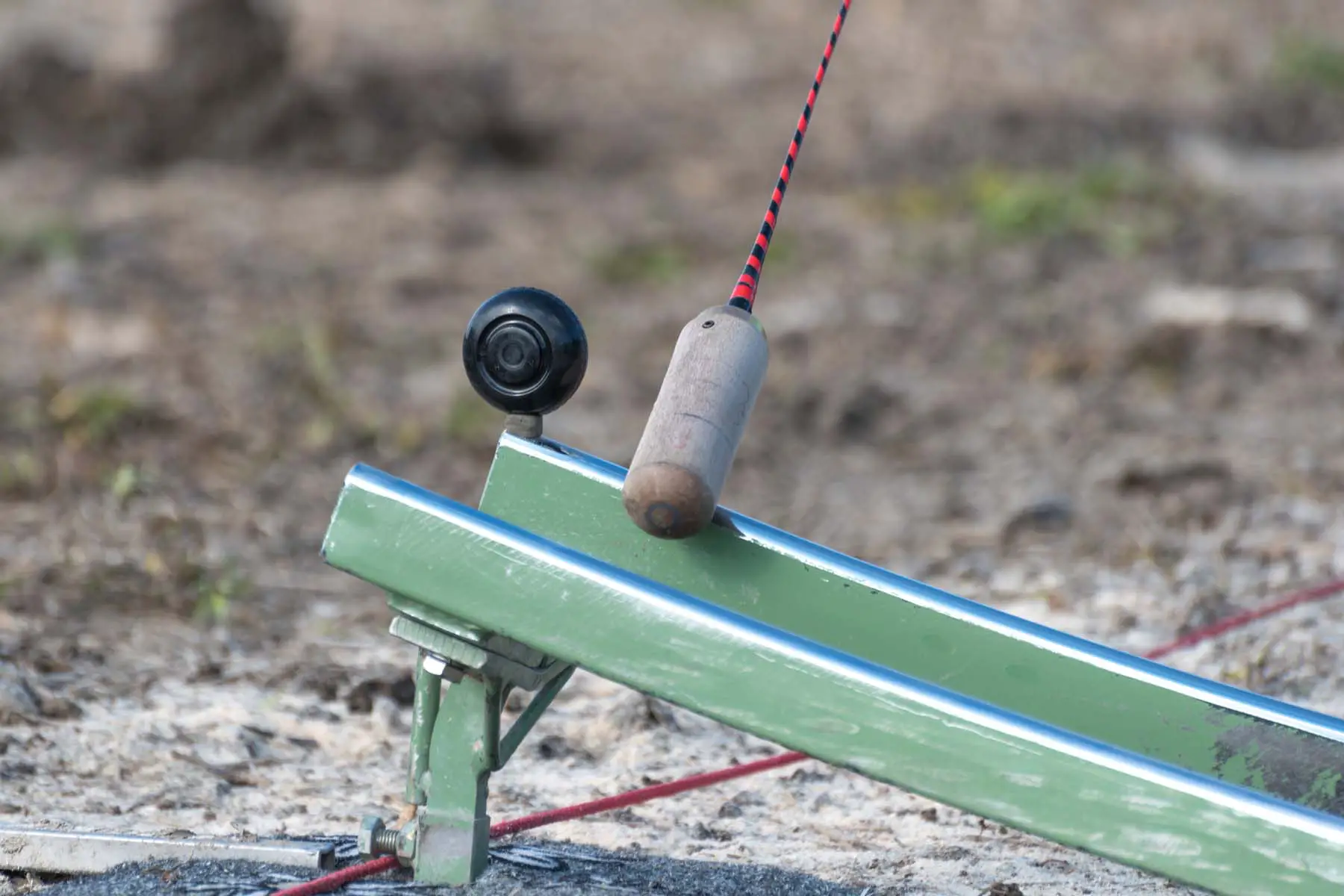
In short, teams take turns to hit the Hornuss (a disk of wood or horn) as far as possible into the opponent’s area with a rod-type stick. The defending team must stop the disk by using a Shingle (catching board). Hornussen isn’t for the faint of heart, however, as the Hornuss travels at speeds of up to 300km/h and hit a cruising altitude of 70 meters. Needless to say, Hornussen is not for the fainthearted, but it is a great way to experience Swiss culture.
Hornussen is one of three traditional Swiss sports that are enduringly popular. It is typically played in the Mittelland cantons of Bern, Solothurn, and Aargau, where there is a full schedule of matches. Competitions are always great days out for the whole family, too. The other traditional Swiss sports are Schwingen (Swiss wrestling) and Steinstossen (a form of stone tossing). Watching these sports can be a great way to better understand the Swiss and experience local culture.
Winter sports in Switzerland
If skiing and ice hockey aren’t for you, then there are plenty of other winter sports to enjoy in Switzerland when the mercury drops. One of the most popular is cross-country skiing. As well as being a fun activity for the whole family, this is also very competitive, and the country hosts several championships throughout the year. Those who are more adventurous can also hit the large runs.
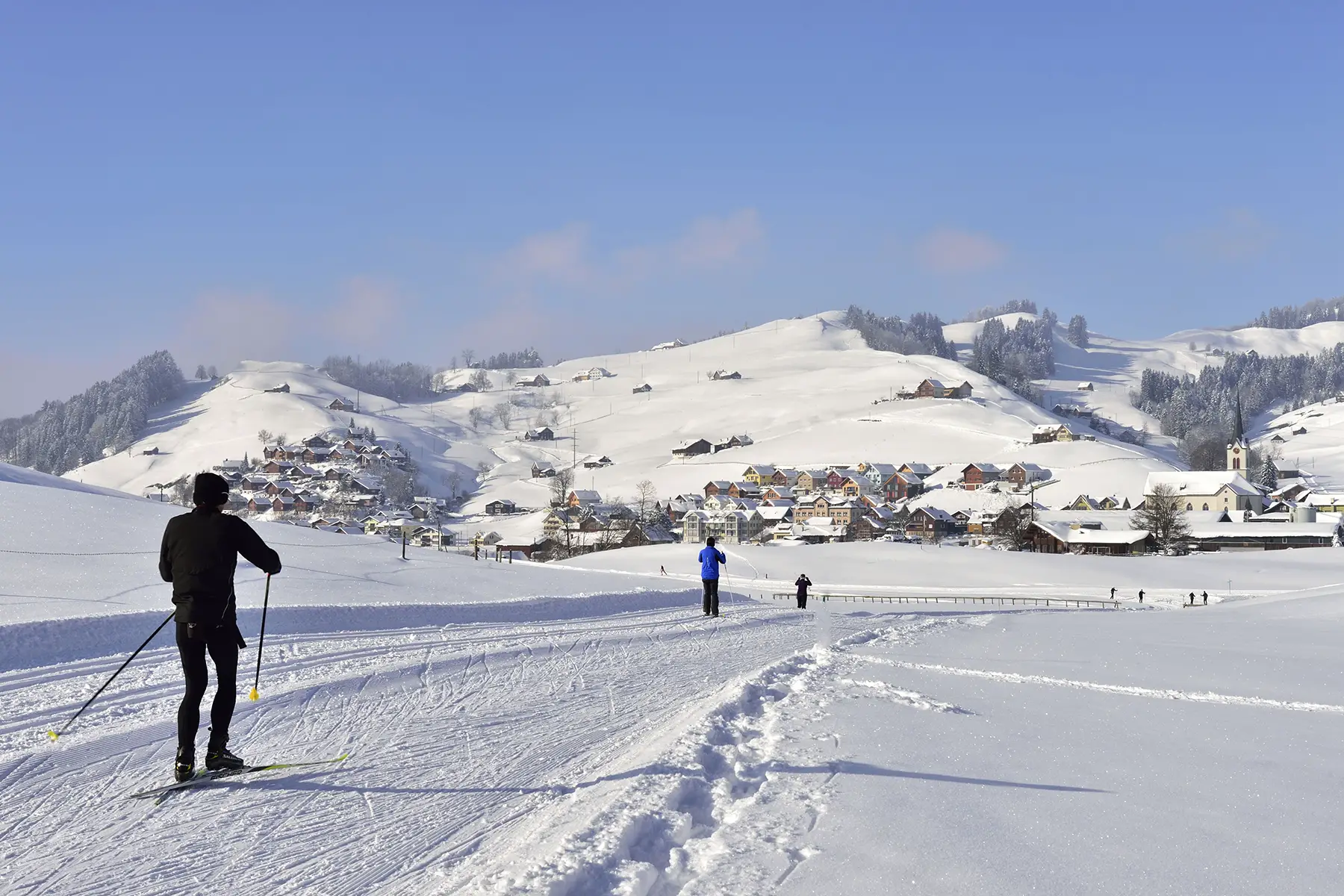
If all that sounds a little too chilly, though, you can always head inside to catch some figure skating or curling instead. Although these are both popular in Switzerland, they tend to be unfairly overlooked in favor of more well-known sports. However, don’t let that put you off. They are also great options for young children who are just finding their feet on the ice. You can search online for your nearest ice rink, which often has additional sheets of ice dedicated to curling or figure skating. And you never know, you may discover that your little ones take to the ice like Anna and Elsa.
Tennis in Switzerland
No list of popular sports in Switzerland would be complete without mentioning tennis. Home of Roger Federer, Martina Hingis, and Stanislas Wawrinka, Switzerland punches well above its weight on the court. Tennis has a long history in Switzerland, with well-established tennis clubs and a rigorous development system resulting in a small country that churns out elite players. Casual players will have little difficulty finding a tennis club, although be prepared to pay steep prices to play an expensive sport in an expensive country.
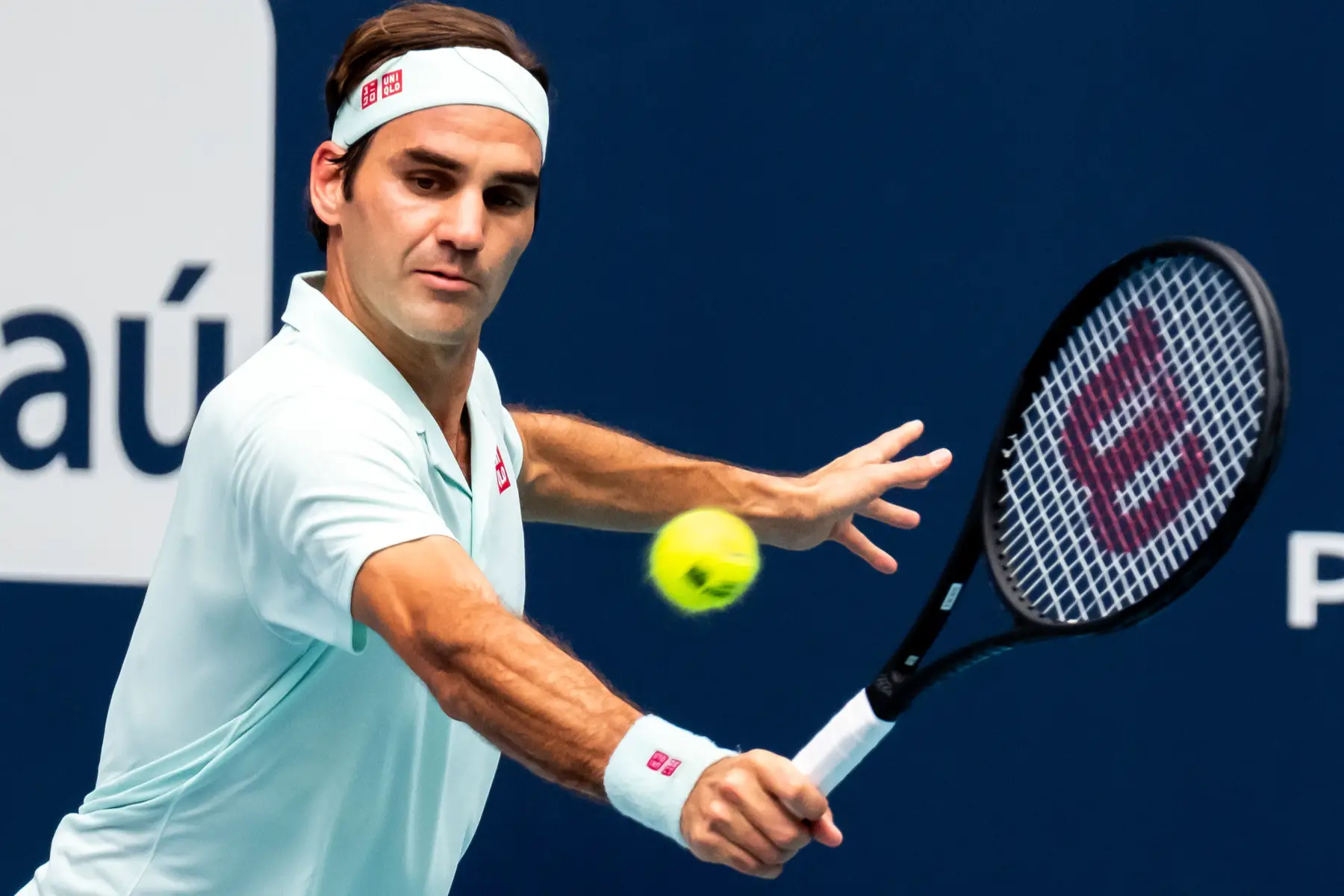
When it comes to seeing your favorite stars play, Switzerland hosts a few tour events. On the women’s side, you’ll find the WTA Swiss Open, which is held in Lausanne. For the men, meanwhile, there is the Swiss Open Gstaad, and the Swiss Indoors in Basel.
If you’re looking to ace your tennis game, you’ll find plenty of local clubs and courts throughout Switzerland. While many tennis courts in Switzerland are clay, you’ll also find hard and indoor courts should you prefer them. Many clubs also offer discounted rates for families and children, alongside summer camps and training sessions for all ages.
